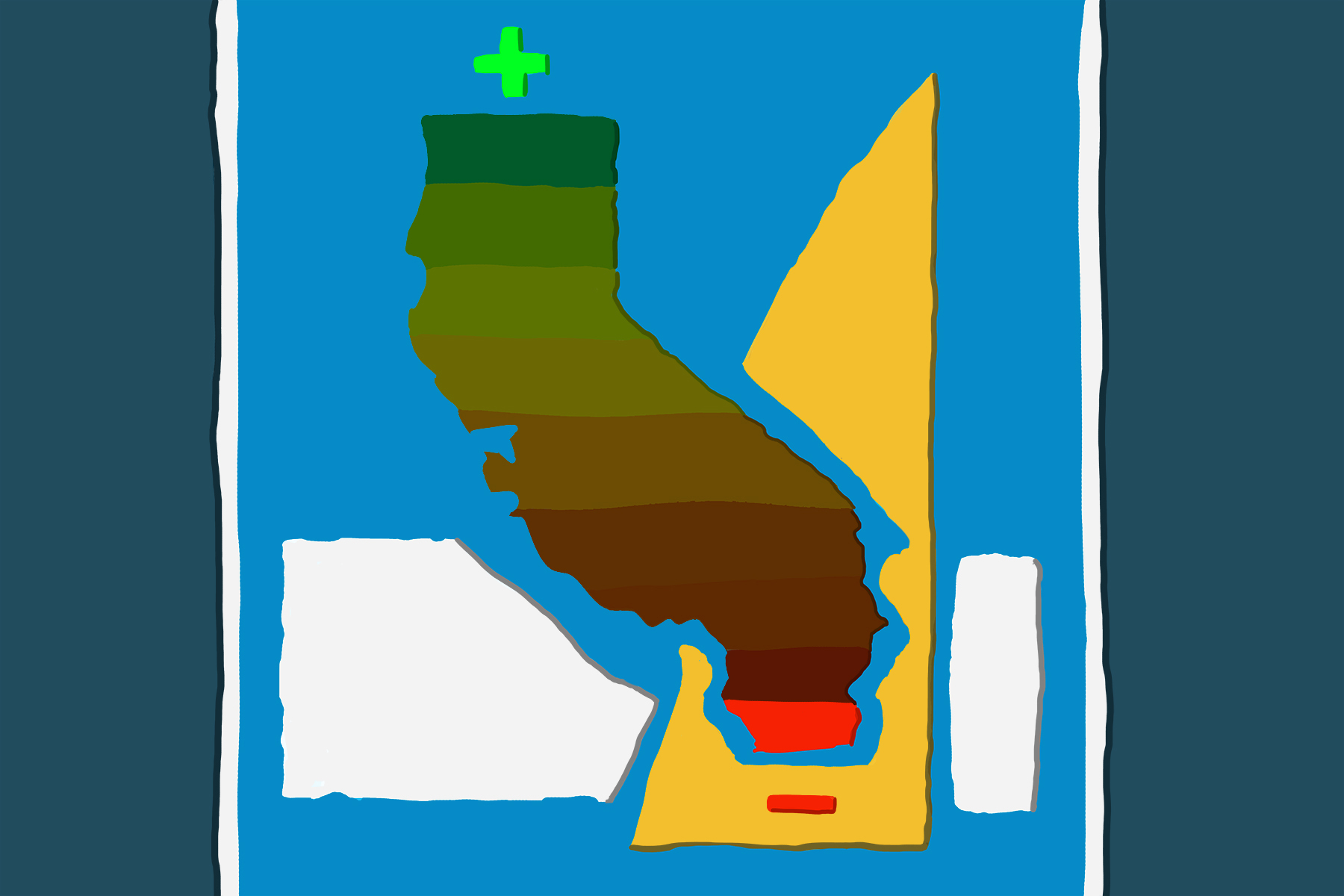Fire season has arrived in California. During fall, weather conditions are extreme, as the climate is dry and winds are powerful. This deadly combo has caused extraordinary blazes throughout the state. In order to prevent large scale fires, such as the 2018 Camp Fire in Northern California, the state’s power company, Pacific Gas and Electric (PG&E), decided to take precautionary measures to protect electrical equipment from sparking another destructive fire. The company announced that they would carry out three rounds of preemptive public safety power shut offs upon reports of harsh fire weather conditions.
Public Outrage
As expected, many customers were outraged by PG&E’s actions, with the USA Today stating that PG&E was in the running for California’s “Public Enemy No. 1.” These frustrations are justifiable as the outages have had unintended consequences. Millions of residents had to deal with living in the dark. Blackouts lasted for days as PG&E failed to provide answers about when power was to be restored. Many were forced to evacuate their homes to find places had a power source.
Other unlucky individuals had to buy emergency items, such as flashlights, candles, power banks, water bottles, etc. Refrigerated food had to be thrown out and nonperishable food items had to be purchased. Home medical devices were disconnected, leaving health patients to deal with the consequences of surviving without their essential machines. Tragically, such a case occurred when 67-year-old Robert Martis unfortunately passed away after his supply of oxygen was cut off.
It's unacceptable that companies like AT&T, Verizon, and T-Mobile haven't stepped up to work with California to protect cell phone service during power outages. Today, I sent them a letter demanding they get on board.
— Vice President Kamala Harris (@VP) October 31, 2019
Adding fuel to the fire, traffic lights stopped operating and schools, hospitals and businesses also had to be shut down. With traffic lights not working, there was a rise in traffic, along with substantial increases in accidents. Hospitals were unable to operate with no power source, leaving many lives to hang in the balance. Small businesses were especially affected. Stores and gas stations were unable to preserve their perishables without backup power generators to maintain the preservation of food. Factories had to be closed as they were without power to run machines and processors. Thousands of dollars were lost as a result of the outage.
UC Berkeley’s Response to the Outage
The prestigious University of California, Berkeley (UCB) was caught in the crossfires of the outage as it had to deal with unexpected circumstances. Classes were cancelled as a large portion of students and faculty were left without power to work on assignments and to prepare course material. In addition to that, students feared that “dead week,” in which students are given time off to recuperate and prepare for finals, would be cancelled. In order to make up cancelled days, school officials have considered providing academic instruction during this crucial week.
Campus-wide power outage on the UCB campus. All classes are canceled for the remainder of the day. Check http://t.co/X9Zpo5BOVt for updates.
— KALX 90.7 FM (@KALXradio) October 1, 2013
Crucial research and lab facilities at UCB also had to be shut down. Researchers had to scramble to preserve samples, specimen and supplies that need refrigeration. Scientists and lab users at the Lawrence Berkeley National Lab were devastated as millions of dollars and years of effort were poured into this heavily compromised research.
However, in the midst of despair, the Cal community has come together to overcome the disaster. Community outreach centers were set up at the Clark Kerr Housing Facility to provide access to emergency goods. Clinics and medical booths operated at the university’s TANG center to lend out medical equipment, and to provide checkups, as well as medical assistance to patients. Students themselves attempted to make light of the events by sharing stories and memes.
Implications of Outages
With outages becoming the “new normal,” Californians are likely to face blackouts for another 10 years. According to CEO William D. Johnson, the power outages are necessary to prevent devastating wildfires. It is important to acknowledge that public safety should be a priority. However, it is necessary to address the implications of continuous power outages.
Many have criticized PG&E for its lack of remorse and consideration for citizens who would be affected greatly by not having power. Vulnerable groups (the elderly and the disabled) would face harsher consequences, as they lack the resources to deal with power outages. Others have pointed out that, instead of resorting to outages, PG&E has to consider more practical solutions that rely on long-run projections.
Hypothetically, PG&E could undergo a massive project to move power lines underground. Doing so would cost billions of dollars, but would prevent such drastic protective measures in the future. For PG&E and other utility companies, it’s all a matter of dealing with the effects of climate change, as they have to balance delicate economic interests with moral and social concern.
PG&E's identified 156+ instances of weather-related damage from the 10/26 & 10/29 power shutoffs & expects the overall number to continue to rise. These types of damages could lead to potential wildfire ignitions if power lines are not de-energized. https://t.co/EekCt0da8I pic.twitter.com/38KwAXh02A
— Pacific Gas & Electric (@PGE4Me) November 1, 2019
















